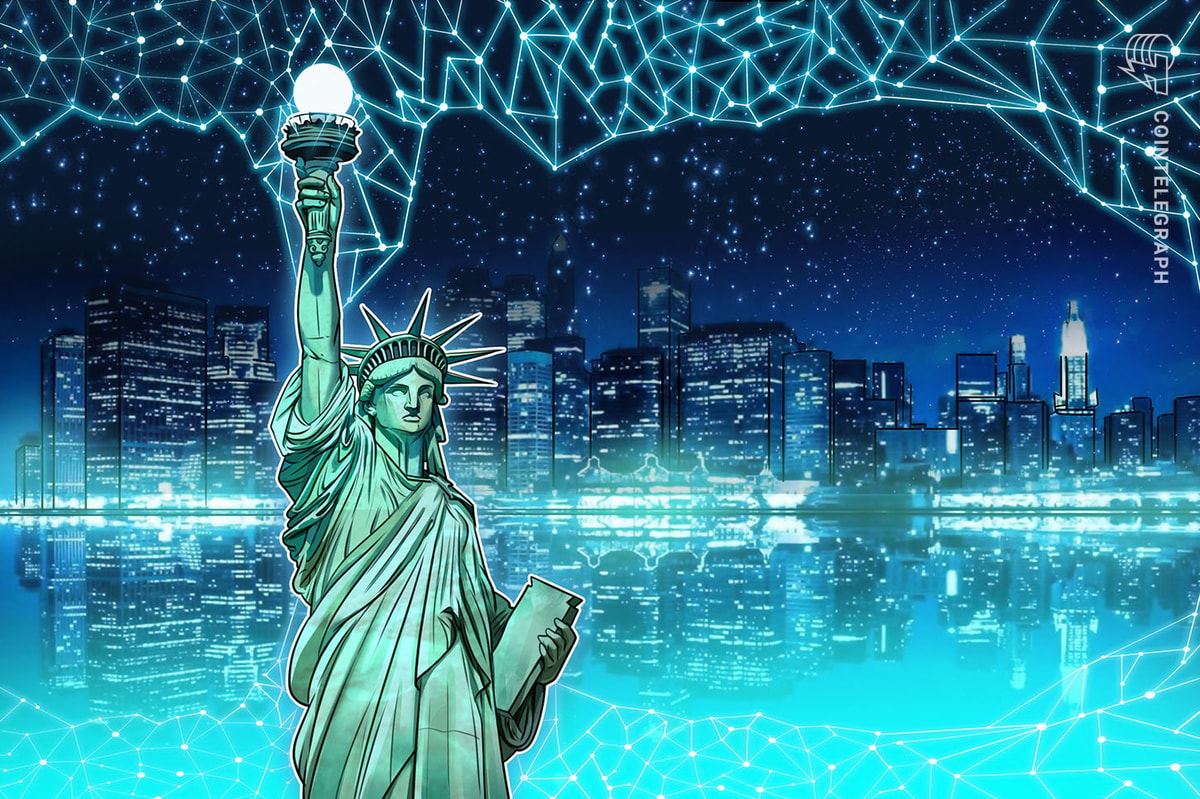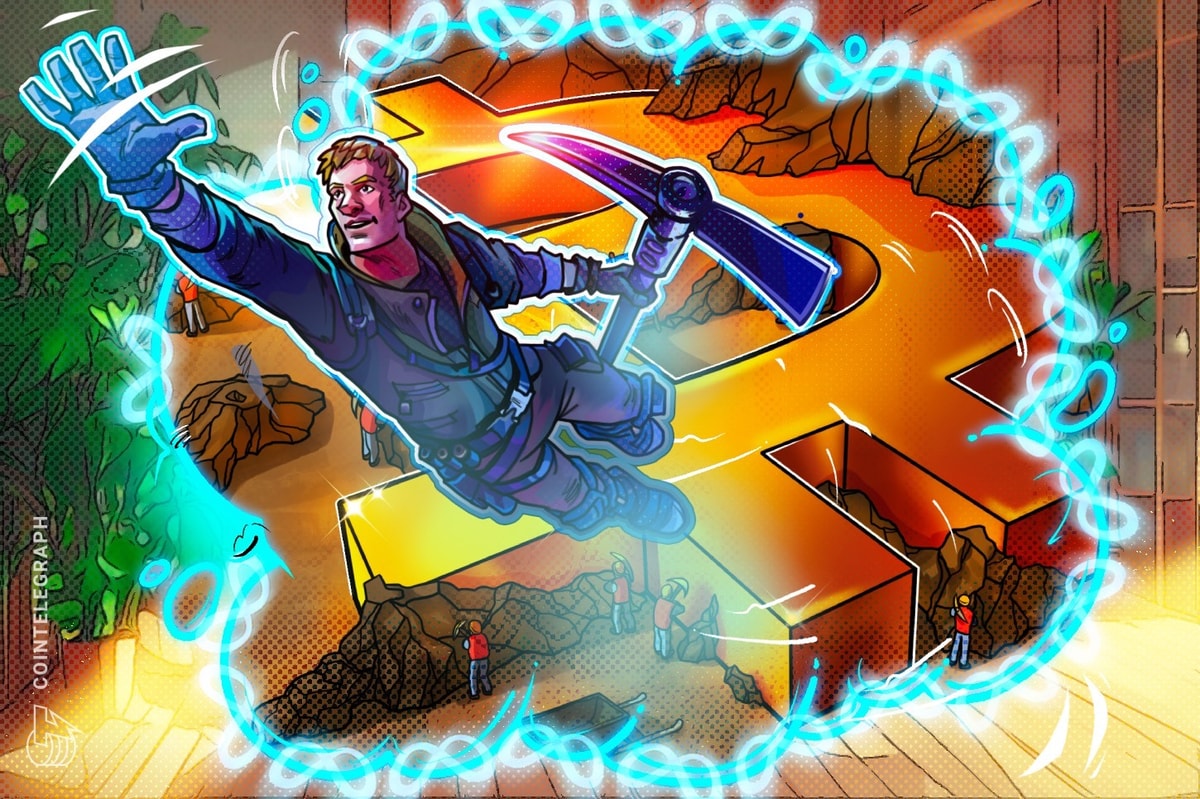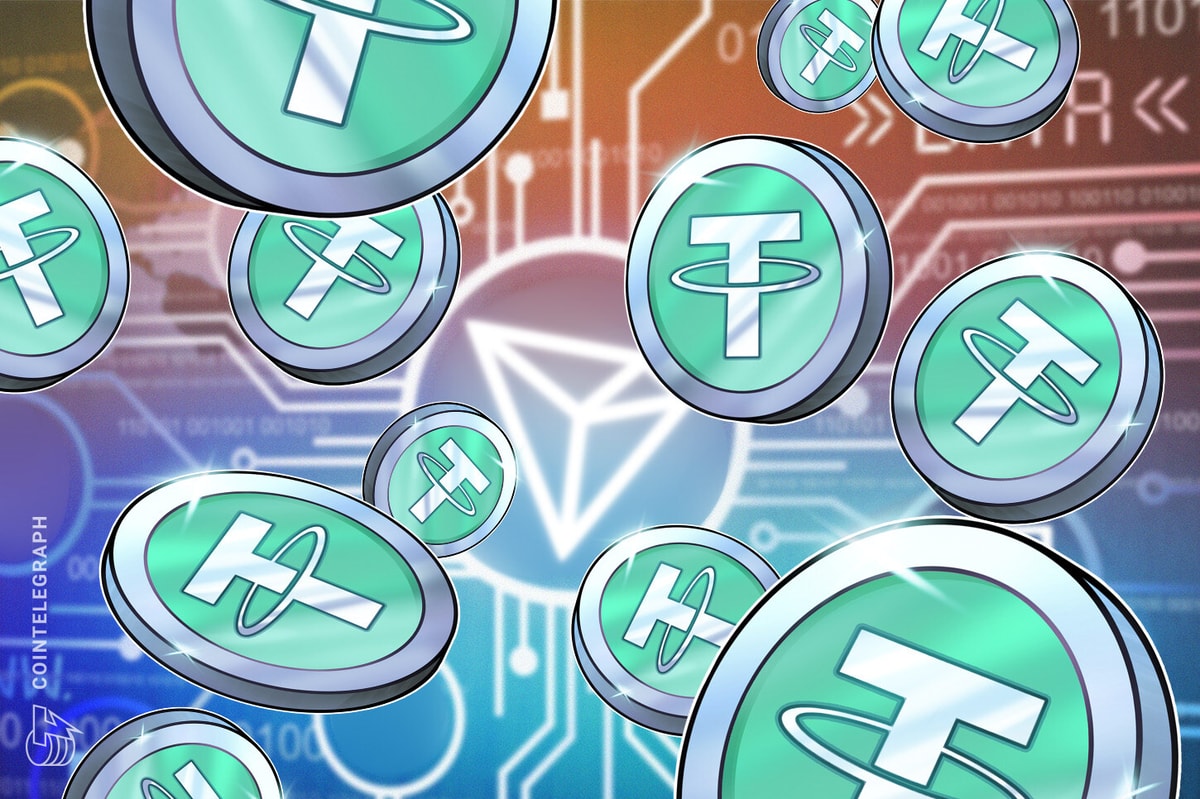Don Tapscott explains how the Blockchain could replace services like Uber and Airbnb. Other experts asked by Cointelegraph explain further.
During the recent World Economic Forum (WEF) held in Davos, Switzerland, ‘Blockchain Revolution’ author, Don Tapscott, suggested that the Bitcoin technology could disrupt worldwide services like Uber and Airbnb.
In his words:
“Why do you need a 60 billion dollar corporation called Uber? You can have a real sharing economy which it would be a distributed application on the Blockchain [...]. The driver just posts an information on the Blockchain, if you need a car you post it there, and the payment system is built automatically. The same is for Airbnb. And this system could be built by small companies”.

Bitcoin technology to disrupt worldwide services. Could it be possible?
Recently we have been reading about a lot of startups that have been creating some interesting innovations through the Blockchain’s technology
So, even though it does sound extreme, it is a reality that several services could be replaced by the Bitcoin technology.
Ascribe co-founder, Masha McConaghy, said:
“Blockchain technology is definitely disruptive. For me, the beauty of it is that people can have a choice and choose what is right for them. Blockchain technology is all about empowering the individual. Equal opportunity. It is all about building up, not tearing down. Larger older players are adopting Blockchain technology too, and this can be a good thing because the decentralized nature means single large players are no longer controlling the ecosystem.”

Just an example: revolutionizing the music industry
While interest in Blockchain technology is quickly growing, from companies to governments, its power is being used for the development of various services that could potentially revolutionize the music industry as well.
In fact, OpenLedger and CCEDK are working together with MUSE, a music-based Blockchain, to monetize music in a simple way.
“MUSE users can tie a specific song to smart contracts which allows the funds generated by that song to be automatically split up based on the instructions contained within. In other words, a user can tell the Blockchain what to do with funds coming from different sources (countries, streaming, retail, etc.) and have them split up to the correct rights holders or collection agencies”, it says on the Muse website.
With this system in place, artists will be able to receive more than 90% of their income, without the need for managers, production companies, record labels, and the like.
Dario Giudici, member of the multidiscipinary board at BlockchainLab, commented:
“The decentralization of Blockchain smart contracts allows the owner of intellectual property, being it music or any other form of creativity, to retain most of the value he produced, without having to give a big part of it away to mediators, lowering prices for consumers, and maximizing returns for creators. if But if you think about it, it’s not just a matter of money. Such a system also nurturs collaborative creations, crowdsourcing of music or creativity. If you can keep all the money for the creators, and well define how every participating artist is remunerated for his contribution, this would boost trust and will to collaborate on projects. It already happens in many platforms such as Kompoz or Splice, but still you have to trust those platforms. Anything that goes towards democatization tends to create distributed value, and finds me positive.”
MUSE vs iTunes
As is common knowledge, iTunes is a media library application developed by Apple.
Through this platform, the majority of the funds go to the labels and streaming companies.
Typically, artists only get 15%, while labels and distribution giants take the rest of the profits.
Instead of this unfair system, Muse allows the artists to directly receive the full revenues.
This is the real revolution. Thanks to the P2P system, music prices should decrease as the intermediary ‘taxes’ on revenues will be done away with, thereby allowing artists to lower prices.
“Normally, databases are all private and behind closed doors. That means that if my royalties as a musician have changed or if I sold my rights to someone else but only for what is sold in Germany or Lithuania, then it’s very hard to update each and every database globally. This means that, because all databases are silos of information, all databases end up being conflicting and out of date. It is a not transparent system. Right now, all the big companies hold the artists funds, and later on, pay them out”, said co-founder of PeerTracks, Cedric Cobban.











